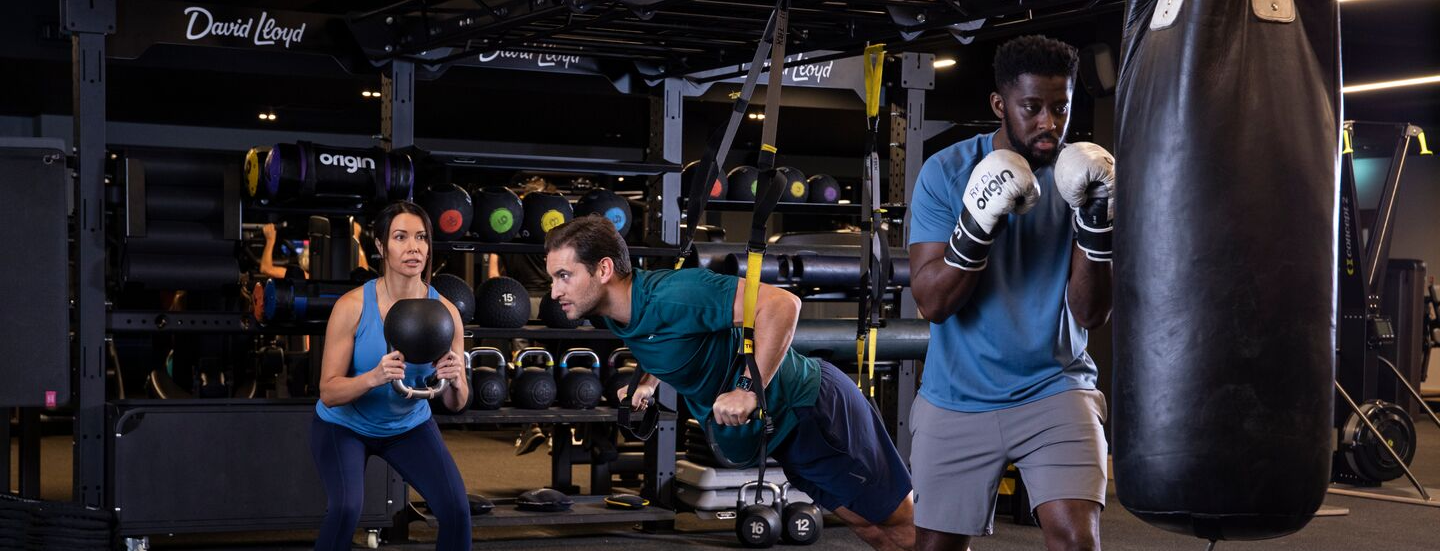Easy ideas to help you get back on track when you’re really not in the mood.
Latest posts
Choosing plant-based snacks definitely doesn’t mean sacrificing flavour. Quite the opposite…
Research consistently points to the profound impact of strong communities on our overall wellbeing.
Our moods can be as unpredictable as the weather. Can we influence these emotional fluctuations?


